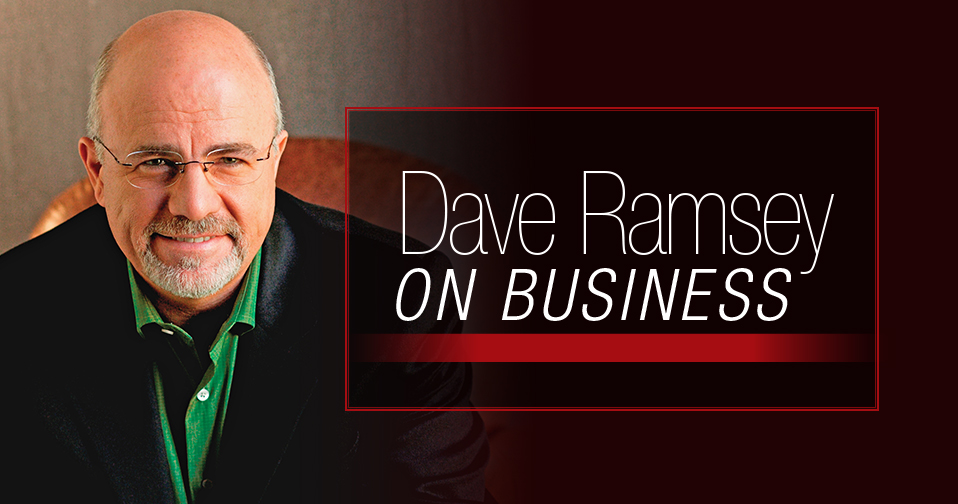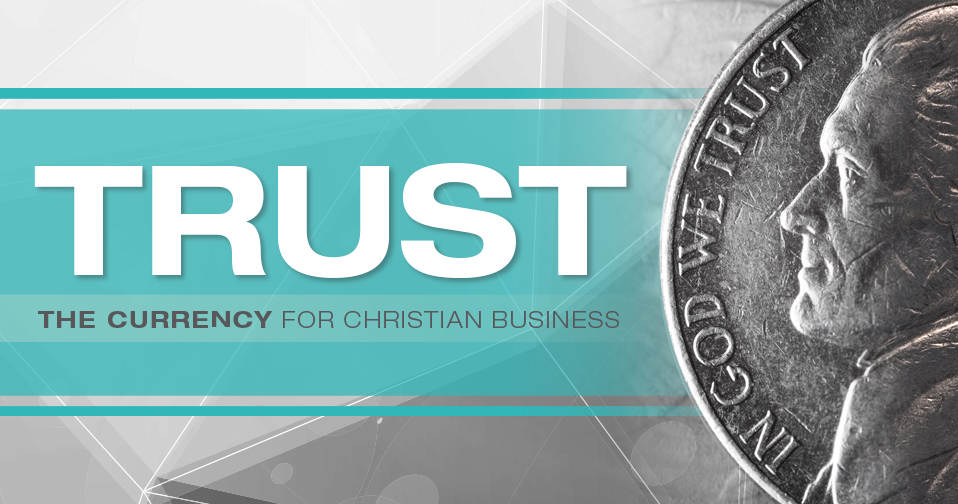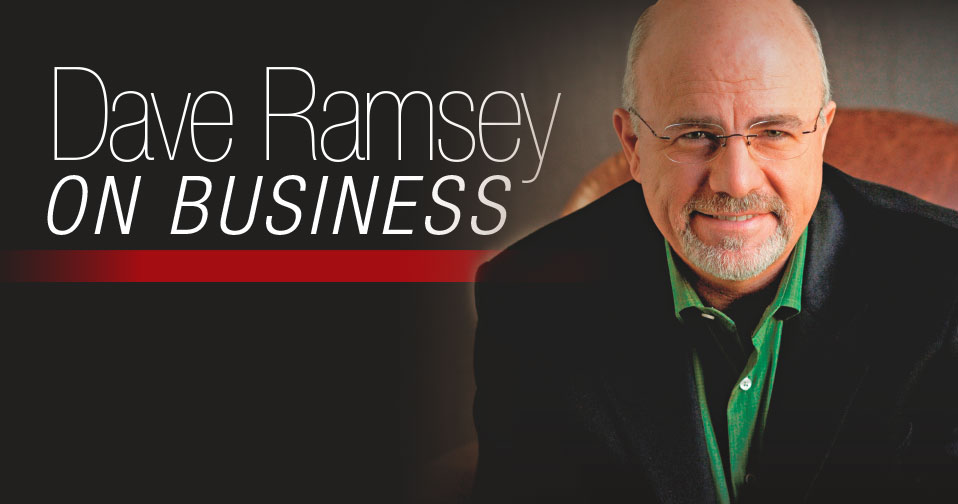Casey Crawford: Generosity On The Move

Casey Crawford is a man who doesn’t like to sit still for too long. Moving briskly through the hallways of his company, the former NFL football player greets employees left and right with quick exchanges and an infectious grin. Finally, he lands on an oversized couch in his office. Behind him is a shelf with family photos and a Bible. His framed Super Bowl jersey hangs on one wall while another is covered with inspirational quotes and the unusual mission for his company, Movement Mortgage.
Casey explains, “Our mission is to love and value people by leading a movement of change in our industry, in corporate culture at large, and in the communities where we work.” If that sounds like a tall order for a mortgage business, this 6’6’’ athletic entrepreneur says his faith inspired him to think beyond typical corporate goals.
When I started this business in 2007,” Casey says, “I thought that I’d make all this money and do all these neat things for God. But the Lord showed me that was about building my kingdom. He turned my plan upside down and revealed a much greater vision with an audacious goal: use love to transform business into a movement for change.”
Business Moving Ministry
Fast forward eight years—the determined tight end who used to move the ball down the field is moving mortgages and ministry light years ahead. Movement Mortgage is on track to do $8 billion in new home loans this year. It now has over 2,700 employees and 600 new jobs are slated to open when the company moves its headquarters to a $22 million campus in early 2016.
In 2012, Casey and his partner Toby Harris opened the Movement Foundation to handle their corporate giving. The nonprofit was created with the help of the National Christian Foundation, a charitable giving ministry that helps entrepreneurs like Casey make the greatest possible impact with their giving. So far, the Movement Foundation has given away over $10 million to local churches and ministry partners.
Soon, one of Movement’s biggest initiatives yet—the Movement Center—will spring to life amid the crumbling blight along Freedom Drive in Charlotte’s depressed west side neighborhood. Rising from the shadow of the Bank of America Stadium where he once played for the Carolina Panthers, this 40,000-square-foot former hydraulic-equipment shop has been renovated into a $3 million ministry center.
Made up of nonprofit offices, meeting space, clothes closets, feeding programs, and a host of other services, the Movement Center will provide a central location for Charlotte’s most disadvantaged citizens to access vital services. The nonprofit tenants will pay Movement below-market-rate rent, so that their budgets can be directed to serving those in need while they enjoy better offices and closer collaboration.
Casey plans to take the Freedom Drive model and apply it in dozens of other U.S. cities in the near future. Casey says, “For Movement, investing in a real estate-based project such as this allows us to continue to measure the success of our efforts by the number of changed lives around us.” He also hopes to set an example for other businesses. He adds, “What if big corporations had their name on facilities that meet people’s needs, not just on places used for entertainment? I would love to restore people’s vision of what it means to be a good corporate citizen.”
But that is only the beginning of an even bolder plan. Over the next decade, Casey, who is only 37 now, wants to give it all away. Casey and Toby plan to transfer 100% of Movement Mortgage’s shares to the Movement Foundation, even as they continue to operate the company as normal. After taking care of customers and employees, they intend for all dividends to be paid to the foundation.
“I think we are cashing out—into other people’s lives,” Toby says. “If all you accomplish is making money, that’s a pretty empty life.” Toby Harris
“The vision is that everything beyond our capital requirements would be reinvested back into communities across the U.S.,” Casey adds. “People will come to us, because we give them great service and great rates. But how cool would it be for people to know that because they patronize our organization, they’re helping reinvest in the community, doing good, and loving others. That’s the story I want to tell.”
Growing Up Giving
It’s a big story that Casey is writing with his brand of corporate love today, but his own story began quite humbly. He was raised in a middle class Christian family from Washington, D.C., where he grew up helping out in his dad’s hardware store. His mother worked as an HR consultant for some of the area’s largest corporations.
On weekends, Casey followed his grandfather around, helping him salvage parts from junk cars and sell them to scrap yards. They donated the money to churches or to buy clothes for the needy. “When you’re 9 or 10 years old, you just assume everybody does that stuff,” he says. “My granddad wasn’t a wealthy guy, but it was instilled in me that we had a social responsibility.”
A natural athlete, Casey grew up playing multiple sports and was drafted out of high school to play baseball for the Atlanta Braves. But he turned them down to play football at the University of Virginia. He went on to receive all-conference honors and signed as a free agent with the Carolina Panthers in 2000. He broke his nose in the team’s first preseason game, but insisted on playing through the injury to earn a roster spot.
After Carolina’s 2001 losing season, Crawford was cut from the Panthers and ended up in Tampa Bay. He played in four games for the winning Buccaneers who were Super Bowl champs in 2003. But then, seemingly at the top of his game, Casey decided to walk away from football after that season. He wanted more control over his destiny. He gave his Super Bowl ring to his father. And the $50,000 Super Bowl bonus became a down payment on a home in Charlotte, where he headed to start a new career in real estate.
Changing The Business
As a player, Casey had dabbled in house flipping. Eventually, he expanded into lending and development, setting up a joint venture with Toby, a mortgage executive who would become his Movement Mortgage partner. After a large real estate deal went sour, Toby urged Casey to team up with him to create a mortgage bank in 2007, in Charlotte, North Carolina. And in 2008, Movement Mortgage was born.
Little did they know they were on the cusp of one of the largest financial crashes in history. They watched the mortgage market crumble around them, exposing the greed of Wall Street bankers. Lenders fled the business as it imploded from bad subprime loans. Under these circumstances, it became clear that if any industry needed a movement of change, it was the mortgage business.
Casey knew they would have to rise above the status quo. “We are acutely aware that people are looking for ways that they’re being lied to or deceived,” Casey says. “We don’t even need to exist if there wasn’t that mistrust. The world doesn’t need just one more mortgage company. That mistrust is what fuels us.”
As far as their business strategy goes, Casey saw a void in the market and decided to focus exclusively on serving real estate agents in need of reputable lenders for their buyers. This turned out to be the magic formula. With Toby’s contacts and processing background, and Casey's relatable star quality, the two partners are the perfect complement.
“We bring excellence to the process and integrity to the industry,” Casey explains. And his faith is a big part of that.
“God called us to love our neighbors as ourselves. We do it by taking care of customers. Putting them in mortgages they can afford, providing a pleasant experience, creating a company that actually cares about the other people on the team, and then we pour out the rest into the communities we serve.” Casey Crawford
Casey believes that simple formula represents a stark contrast to what was happening 10 years ago. Casey says, “The mortgage companies were defined by a lack of integrity, by putting families into loans they couldn't afford with very convoluted paperwork. At a core level, we want to serve the American public in a better way.”
Love At Work
Movement is also serving their employees in a better way. “Another important part of our calling is to help those in need right here,” says Casey. “It’s wonderful to do things for people all over the country or the world, but first we need to love one another. Part of this happens through our Love Works Fund.”
The Love Works program gives financial aid to employees facing unexpected needs such as medical bills or crisis counseling. It began with an endowment of $100,000. Today, over 1,600 employees contribute to the fund out of their paycheck with the company matching their donations dollar-for-dollar. “That’s what I encourage our employees to give to,” Casey says. “We try to love and care for each other.”
Movement also offers free financial and marital counseling to all employees. Casey says, “We want to take proactive steps to prevent crises before they happen. The number one cause of divorce is financial stress. Our company must do something to help families.”
The principle of love at work seems to be contagious. Employee Mary Koviak says, “From toy drives and blanket collections to Facebook contests that spur spontaneous acts of kindness, we are always coming up with our own creative ways to serve our community.”
The Mission Is Love
Casey says his goal isn’t to wage culture wars. There’s no expectation for employees to profess faith or religious values. Rather, he says the mission is to spread love for others, both inside and outside the company. He explains, “Just like Jesus said, we want to let our light shine so that they may see our good works and give glory to the Father who is in heaven. It might be rare today to see companies give like we do, but we believe this is the start of a new movement in business.”

By: Sheila Dolinger
Based in Atlanta, GA, Sheila Dolinger is a communications consultant and contributing writer for the National Christian Foundation (NCF), the world’s largest grant-making ministry for Christian givers. For more information, visit www.nationalchristian.com.






